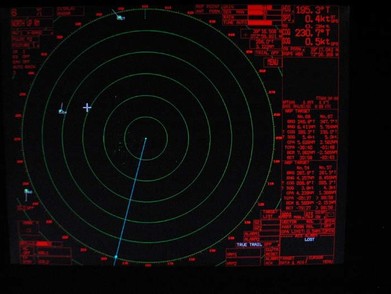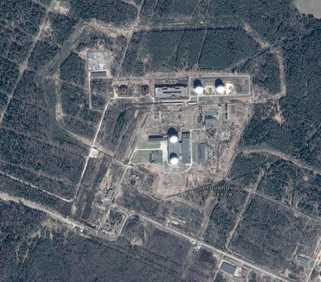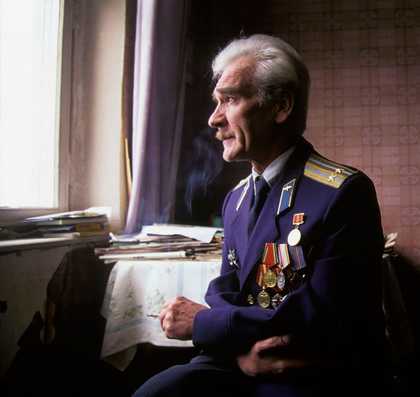The Alarm
|
On September 26, 1983, the alarms blared in Serpukhov-15, a hidden military bunker in Moscow. It was the command center for the Soviet satellite early warning system, and a missile launch from the United States had been detected. [53] "It was completely unexpected, |
 Early warning radar system [57]
Early warning radar system [57]
Stanislav Petrov blinked at the flashing screen in disbelief. He was a lieutenant colonel in the Soviet Air Defense Forces and the officer on duty. He watched as one missile turned into five, all heading towards the Soviet Union. [38]
"We knew that every second of procrastination took away valuable time; that the Soviet Union's military and political leadership needed to be informed without delay."
-Stanislav Petrov [7]
Stanislav Petrov's Decision
An ICBM could travel across the ocean in thirty minutes [20]; within that time, the Soviet Union needed to respond.
Stanislav Petrov was confronted with a dilemma with dire consequences. His first option was to follow protocol and immediately report the missile strikes to his superiors, which would lead to retaliation. His second option was to wait for ground radar confirmation.
Every second, however, was indispensable.
Stanislav Petrov was confronted with a dilemma with dire consequences. His first option was to follow protocol and immediately report the missile strikes to his superiors, which would lead to retaliation. His second option was to wait for ground radar confirmation.
Every second, however, was indispensable.
|
Given the way the United States had been acting increasingly aggressive under Ronald Reagan, the missile strikes might just have been real.
Nonetheless, he considered the many factors for these missile warnings. It was illogical for the United States to send only five missiles when retaliatory strikes were sure to follow. [37] In addition, the satellite warning system was new and had never detected anything else prior to this day. [54]
A malfunction was not impossible.
A malfunction was not impossible.
Petrov confirmed his suspicions when the ground radars still have not detected anything after many agonizing minutes, and he finally decided to report the missiles as a false alarm. Half an hour later, it became clear that he made the right call; the detected missile strikes did not arrive and were later investigated to be a satellite malfunction. [45]

